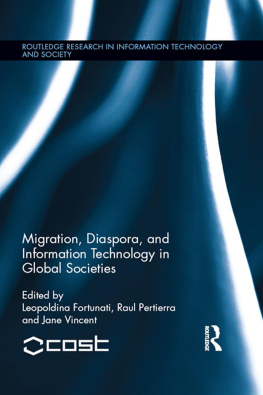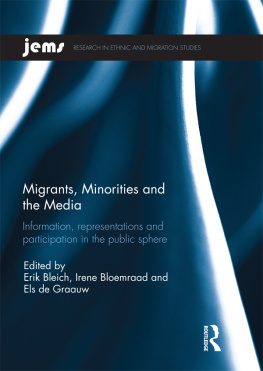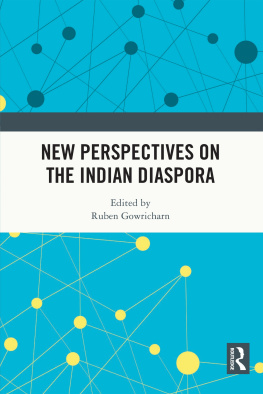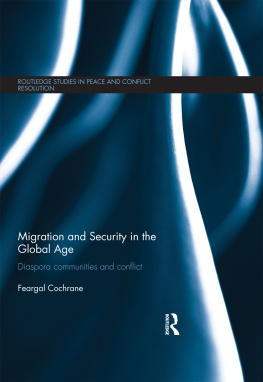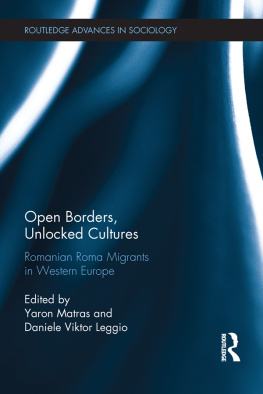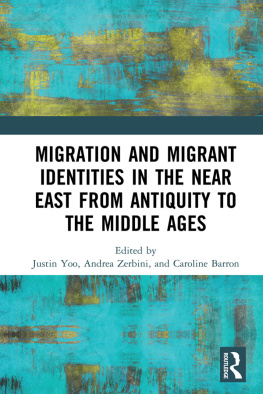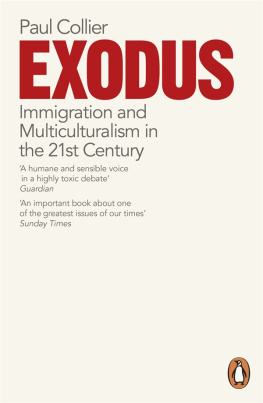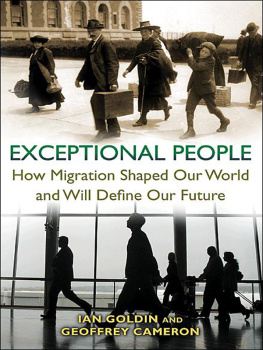Migration, Diaspora and Information
Technology in Global Societies
Routledge Research in Information Technology and Society
1 Reinventing Government in the
Information Age
International Practice in
IT-Enabled Public Sector Reform
Edited by Richard Heeks
2 Information Technology in
Government
Britain and America
Helen Margetts
3 Information Society Studies
Alistair S. Duff
4 National Electronic Government
Building an Institutional
Framework for Joined Up
GovernmentA Comparative
Study
Edited by Martin Eifert and
Jan Ole Pschel
5 Local Electronic Government
A Comparative
Study
Edited by Helmut Drke
6 National Governments and
Control of the Internet
A Digital Challenge
Giampiero Giacomello
7 The Politics of Cyberconflict
Security, Ethnoreligious and
Sociopolitical Conflicts
Athina Karatzogianni
8 Internet and Society
Social Theory in the Information
Age
Christian Fuchs
9 Hacking Capitalism
The Free and Open Source
Software Movement
Johan Sderberg
10 Urban Youth in China:
Modernity, the Internet and
the Self
Fengshu Liu
11 Network Governance of Global
Religions
Jerusalem, Rome, and Mecca
Michel S. Laguerre
12 Migration, Diaspora and
Information Technology in
Global Societies
Edited by Leopoldina Fortunati,
Raul Pertierra and Jane Vincent
Migration, Diaspora and
Information Technology
in Global Societies
Edited by Leopoldina Fortunati,
Raul Pertierra and Jane Vincent
First published 2012
by Routledge
711 Third Avenue, New York, NY 10017
Simultaneously published in the UK
by Routledge
2 Park Square, Milton Park, Abingdon, Oxon OX14 4RN
Routledge is an imprint of the Taylor & Francis Group,
an informa business
2012 Taylor & Francis
The right of Leopoldina Fortunati, Raul Pertierra and Jane Vincent to be
identified as the authors of the editorial material, and of the authors for
their individual chapters, has been asserted in accordance with sections 77
and 78 of the Copyright, Designs and Patents Act 1988.
Typeset in Sabon by IBT Global.
Printed and bound in the United States of America on acid-free paper by
IBT Global.
All rights reserved. No part of this book may be reprinted or reproduced or
utilised in any form or by any electronic, mechanical, or other means, now
known or hereafter invented, including photocopying and recording, or in
any information storage or retrieval system, without permission in writing
from the publishers.
Trademark Notice: Product or corporate names may be trademarks or
registered trademarks, and are used only for identification and explanation
without intent to infringe.
Library of Congress Cataloging-in-Publication Data
Migration, diaspora, and information technology in global societies / edited
by Leopoldina Fortunati, Raul Pertierra, and Jane Vincent. 1st ed.
p. cm. (Routledge research in information technology and society ; 12)
Includes bibliographical references and index.
1. Information technologySocial aspects. 2. Internet and immigrants.
3. Identity (Psychology) and mass media. 4. Communication and
technology. I. Fortunati, Leopoldina. II. Pertierra, Raul, 1941
III. Vincent, Jane, 1956
HM851.M54 2012
303.4833086912dc23
2011025196
ISBN: 978-0-415-88709-0 (hbk)
ISBN: 978-0-203-14860-0 (ebk)
Contents
Preface: Mediating a Restless World
DANIEL MILLER
Introduction: Migrations and DiasporasMaking Their World Elsewhere
LEOPOLDINA FORTUNATI, RAUL PERTIERRA AND JANE VINCENT
THEME 1
Conceptual Perspectives of Migrants in Post-Modern Societies
1 New Media, Migrations and Culture: From Multi- to Interculture
GIUSEPPE MANTOVANI
2 From English to New Englishes: Language Migration Towards New Paradigms
MARIA BORTOLUZZI
3 Frame Setting of Contestable Categories: The Construction of Multiracial Identity in the Mass Media
ALICE ROBBIN
THEME 2
Gender and Generation Intertwining with Migrations
4 Grandmothers, Girlfriends and Big Men: The Gendered Geographies of Jamaican Transnational Communication
HEATHER HORST
5 Mobiles, Men and Migration: Mobile Communication and Everyday Multiculturalism in Australia
CLIFTON EVERS AND GERARD GOGGIN
6 Australian Migrant Children: ICT Use and the Construction of Future Lives
LELIA GREEN AND NAHID KABIR
THEME 3
Looking at the Migrations and Diasporas Through the Lens of the New Media
7 Diasporas, the New Media and the Globalized Homeland
RAUL PERTIERRA
: Meanings of Proximity and Togetherness in the Era of Broadband Society
HEIKE MNIKA GRESCHKE
9 The Bulgarian-Language Media Diaspora
POLINA STOYANOVA AND LILIA RAYCHEVA
THEME 4
Religion, Mobility and Social Policies: How Migrants Use of the New Media Is Shaping Society
10 God is Technology: Mediating the Sacred in the Congolese Diaspora
DAVID GARBIN AND MANUEL A. VSQUEZ
11 Mediatized Migrants: Media Cultures and Communicative Networking in the Diaspora
ANDREAS HEPP, CIGDEM BOZDAG AND LAURA SUNA
12 ICT Adoption by Immigrants and Ethnic Minorities in Europe: Overview of Quantitative Evidence and Discussion of Drivers
STEFANO KLUZER AND CRISTIANO CODAGNONE
THEME 5
A Case Study: China, Its Internal Migrations, Diasporas and Expatriates
13 Migrant Workers, New Media Technologies, and Decontextualization: A Preliminary Observation in Southern China
PUI-LAM LAW
14 Floating Workers and Mobile QQ: The Struggle in the Search for Roots
CHUNG-TAI CHENG
15 Community Connections and ICT: The Chinese Community in Prato, Italy and Melbourne, AustraliaNetworks, ICTs and Chinese Diasporas
TOM DENISON AND GRAEME JOHANSON
16 Imagining China: Online Expatriates as Bridge Bloggers on the Chinese Internet
DAVID KURT HEROLD
Figures and Tables
FIGURES
TABLES
Foreword
Leopoldina Fortunati, Raul Pertierra
and Jane Vincent
The world today is being consistently transformed by internal and external migration and, indeed, if the external migrants were to constitute a country it would most likely rank among the first ten globally. This book aims to do justice to the great diversities of the multicultural, multilingual and multiethnic population of migrants. Coming from elsewhere, and using ICTs, migrants may choose to escape the inertia and fixity of their new local culture or they may interweave it with their own cultural differences into one new fabric. The everyday life experiences explored in this volume derive from understanding and comparing the activities of migrants in these different cultures in which they have built their new lives.
As the authors of this book describe, ICTs are the new ecosystem in a migrant's life, which span the elsewhere and the here, the present and the absent. Social and familial bonds are maintained, developed and denied; emotion and affections are experienced, memories are more or less recorded, the old and the new cultural identities negotiated, the masculinity and femininity continuously elaborated, the generations shaped and reshaped and different languages practiced: in sum, ICTs are the environments in which migrants, as the new locals, live their everyday life.

